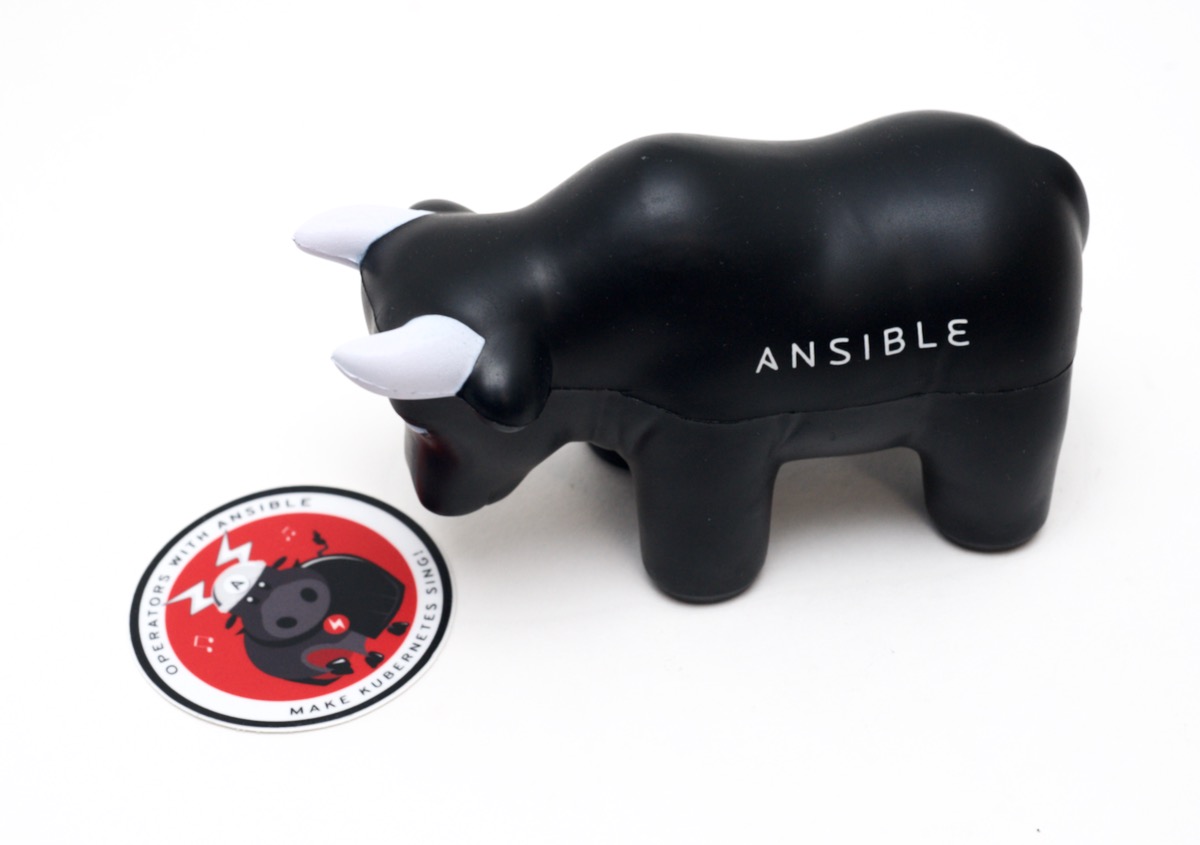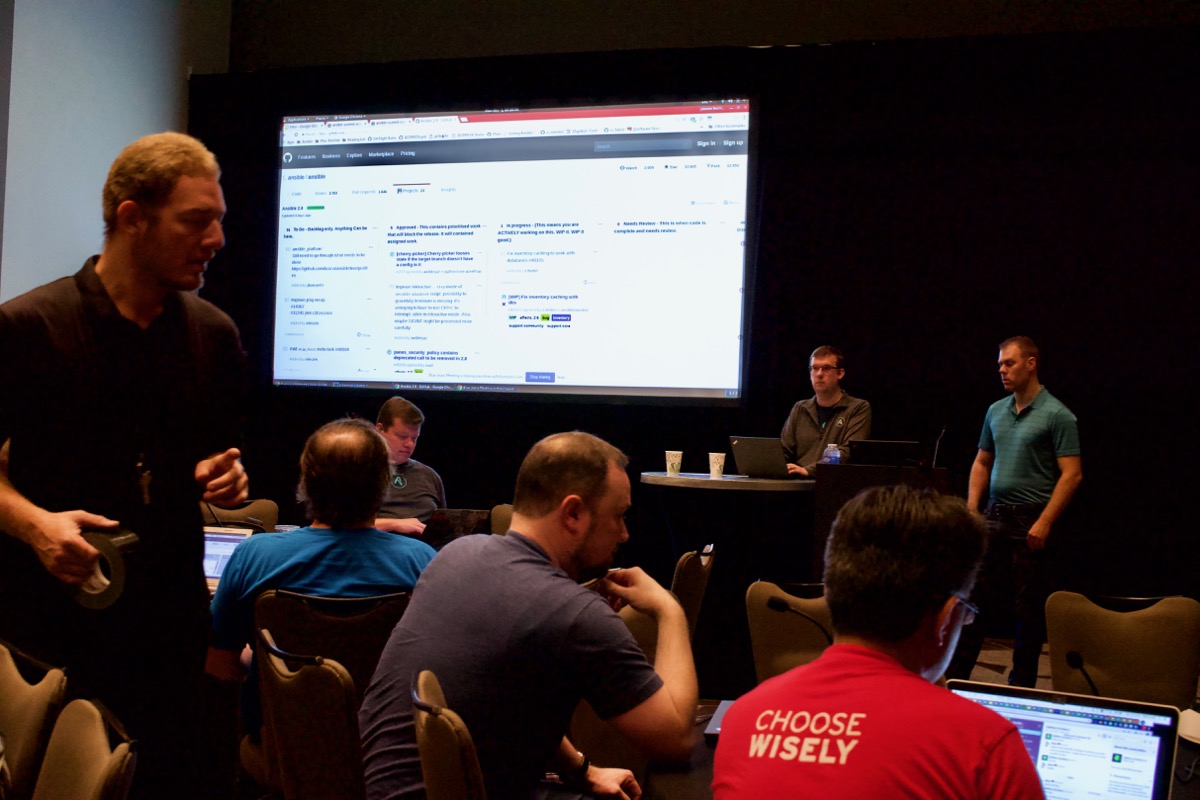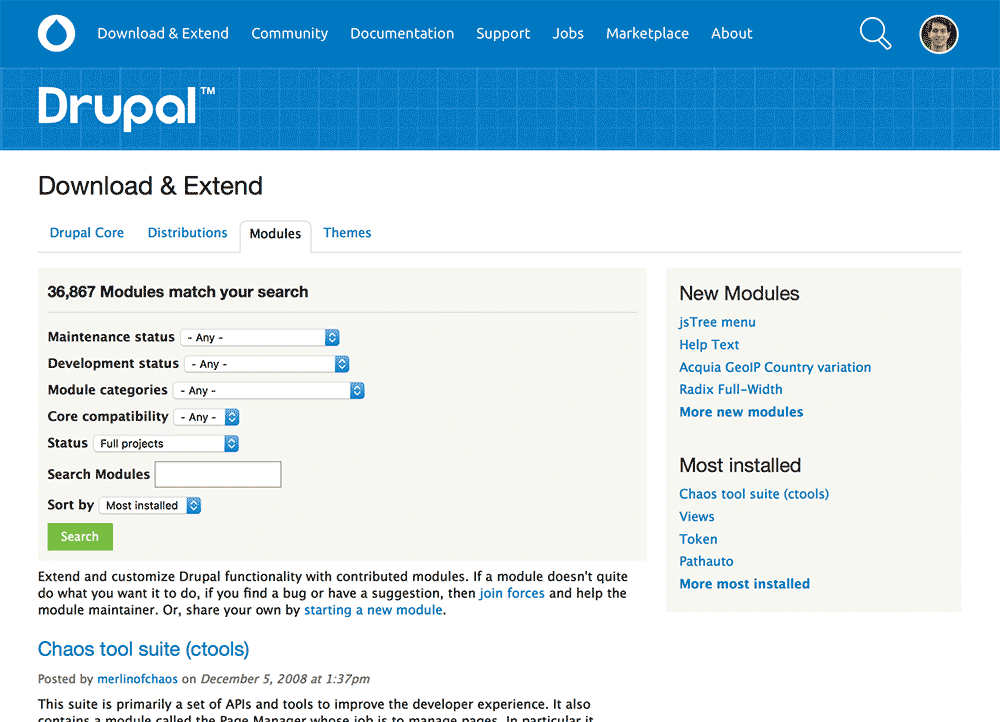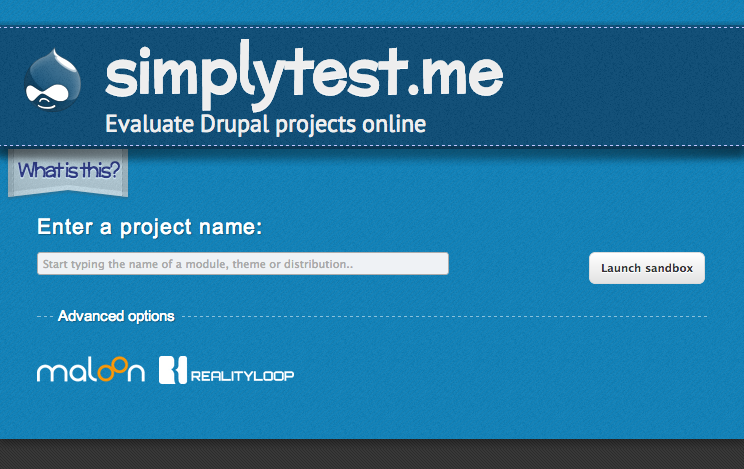Tireless volunteers are the lifeblood of community
I've been involved in open source communities for over a decade. I helped organize events and initiatives, I've donated photography services, and in general I like to give back. For me, a lot of this stems from my faith background—the motto of my Jesuit high school was 'Men for Others'.
But I would consider myself a 'moderately active' volunteer, compared to some. I might give a few hours here and there, or help at a major event for part of the time, but there are people who have a drive and passion for helping others that's far beyond my capacity.
A few years ago, I had a major, life-changing surgery. In researching the surgery and it's life-long impact, I discovered a local support group affiliated with the UOAA organization. I attended a local meetup before the surgery, and met vibrant, healthy people who had gone through the trauma I was about to experience. I kept attending, and now try to ease their anxiety of people who come after.





